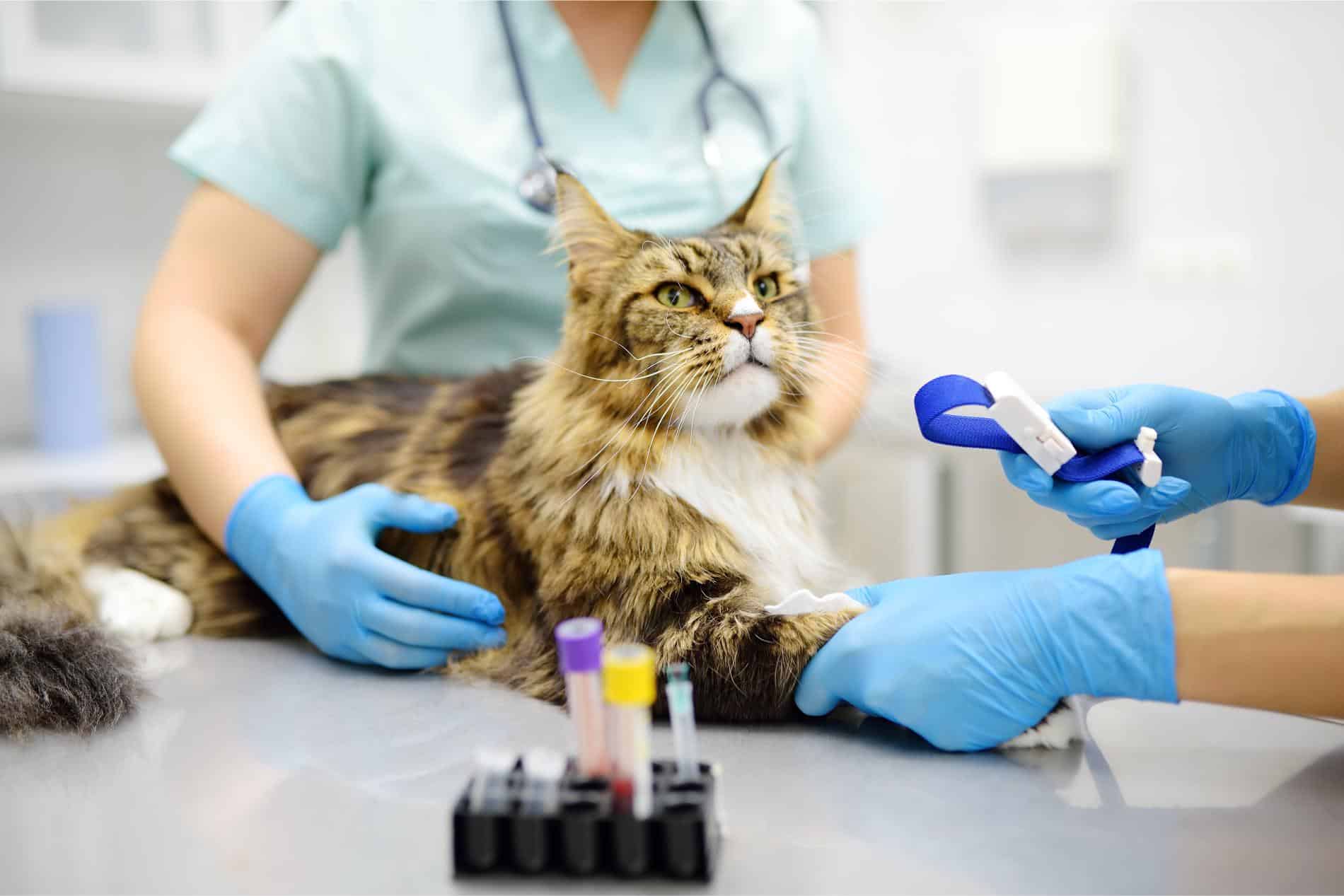Feline Conditions that Require Emergency Care

Cats are masters at hiding discomfort, which makes recognizing a true emergency tricky, even for seasoned pet parents. But when your cat suddenly isn’t acting like themselves, it’s essential to know the warning signs that mean it’s time to seek emergency veterinary care. At Rocklin Ranch Veterinary Hospital + Urgent Care, we’re here to help you distinguish the minor issues from the big concerns.
Let’s walk through some feline health conditions that require emergency care.
Straining to Urinate: A Life-Threatening Emergency
If you notice your cat visiting the litter box repeatedly without producing much urine—or yowling in pain while trying to go—don’t wait. Straining to urinate can be a sign of a urinary blockage, especially in male cats. This condition is extremely dangerous and can quickly lead to kidney failure or cardiac arrest if left untreated.
Signs to watch for include:
- Frequent trips to the litter box with little or no output
- Vocalizing while attempting to urinate
- Licking the genital area excessively
- Hiding or appearing restless
If your cat shows any of these signs, call immediately: This is not a “wait and see” situation.
Hind Leg Weakness or Paralysis
Sudden weakness in the hind legs can be a symptom of aortic thromboembolism (ATE)—a painful and often fatal complication of heart disease in cats. ATE occurs when a blood clot blocks blood flow to the hind limbs, and it requires immediate intervention.
Symptoms can include:
- Dragging one or both hind legs
- Crying out in pain
- Cold or pale paw pads
- Sudden collapse
Even if your cat has never been diagnosed with heart disease, this condition can appear suddenly and is considered a medical emergency.
Bite Wounds and Cat Fights
Cats love their independence, but if your kitty spends time outdoors or interacts with other animals, there’s a risk of injury. A bite wound might seem minor, but it can become infected fast, especially with the bacteria found in cats’ mouths.
Seek veterinary care if your cat:
- Has visible wounds or swelling
- Is suddenly limping or sensitive to touch
- Seems lethargic after a skirmish
- Has a foul odor or oozing at the wound site
Prompt treatment can prevent abscesses, systemic infections, and other complications.
Has your Cat Eaten a Foreign Object? Don’t Wait and See
Cats are naturally curious, and sometimes that curiosity leads them to swallow things they shouldn’t. From hair ties and string to small toys, an eaten foreign object can cause dangerous blockages in the digestive tract.
Look for signs like:
- Vomiting or dry heaving
- Loss of appetite
- Lethargy
- Abdominal pain or swelling
Call us immediately if you suspect your cat has eaten something unusual. Delaying treatment can lead to emergency surgery—or worse.
Toxin Exposure: The Hidden Danger
Many everyday items are toxic to cats, including certain houseplants, medications, essential oils, and foods like onions, garlic, and chocolate. Cats are extra sensitive to many chemicals, and even small exposures can have significant consequences.
Watch for signs such as:
- Drooling or vomiting
- Tremors or seizures
- Uncoordinated movements
- Difficulty breathing
Don’t wait for symptoms to appear if you know or suspect your cat has been exposed to toxins. Time is critical, and early treatment gives your cat the best chance of recovery.
Trust Our Team for Timely, Compassionate Care
At Rocklin Ranch Veterinary Hospital + Urgent Care, we know that when your cat is in distress, you are too. That’s why our skilled veterinarians and compassionate staff are ready to assess, diagnose, and treat emergencies quickly, with empathy, experience, and gentle handling. Call us at (916) 624-7387 to speak with our team about your cat’s symptoms if you have an emergency.
After Hours Emergency Care
If an emergency occurs after office hours, call or visit Veterinary Specialty Hospital in Roseville at (916) 783-4655 or MarQueen Pet Emergency & Specialty at (916) 757-6600.
